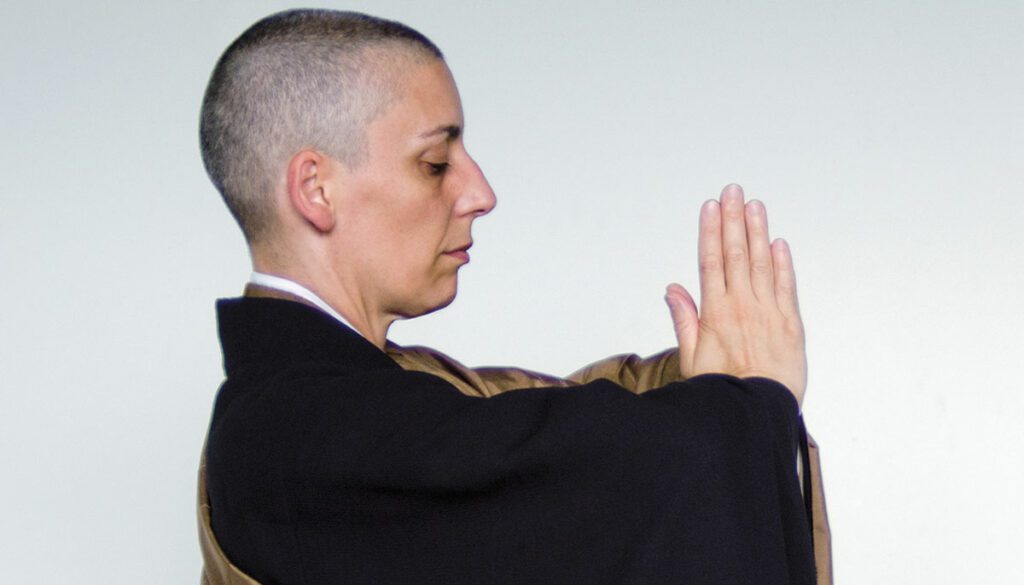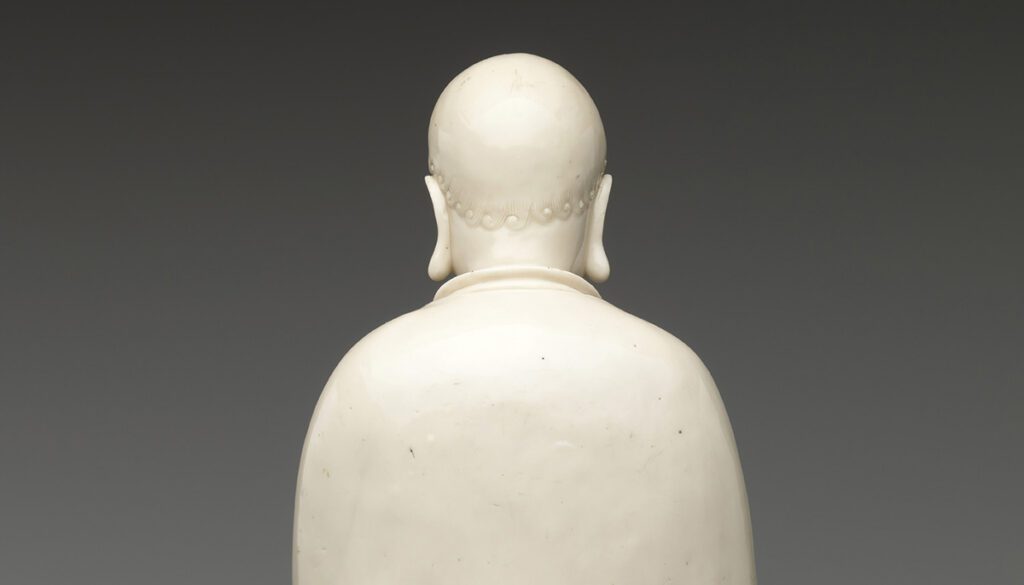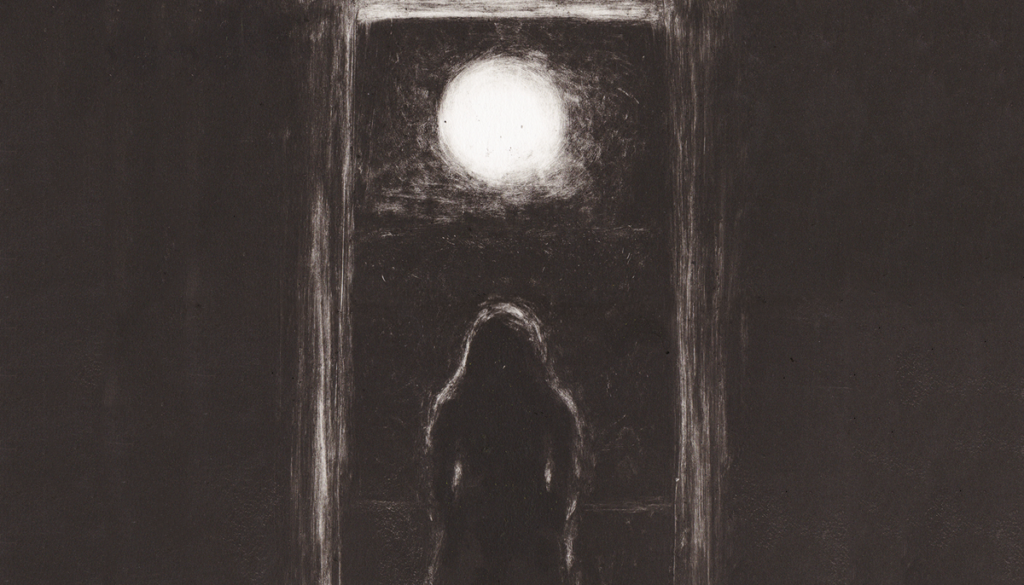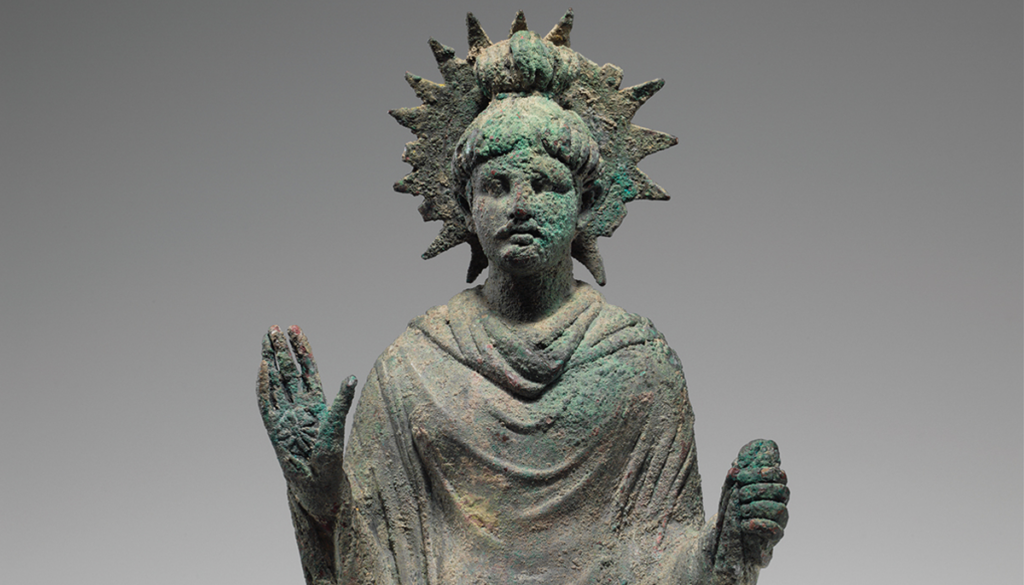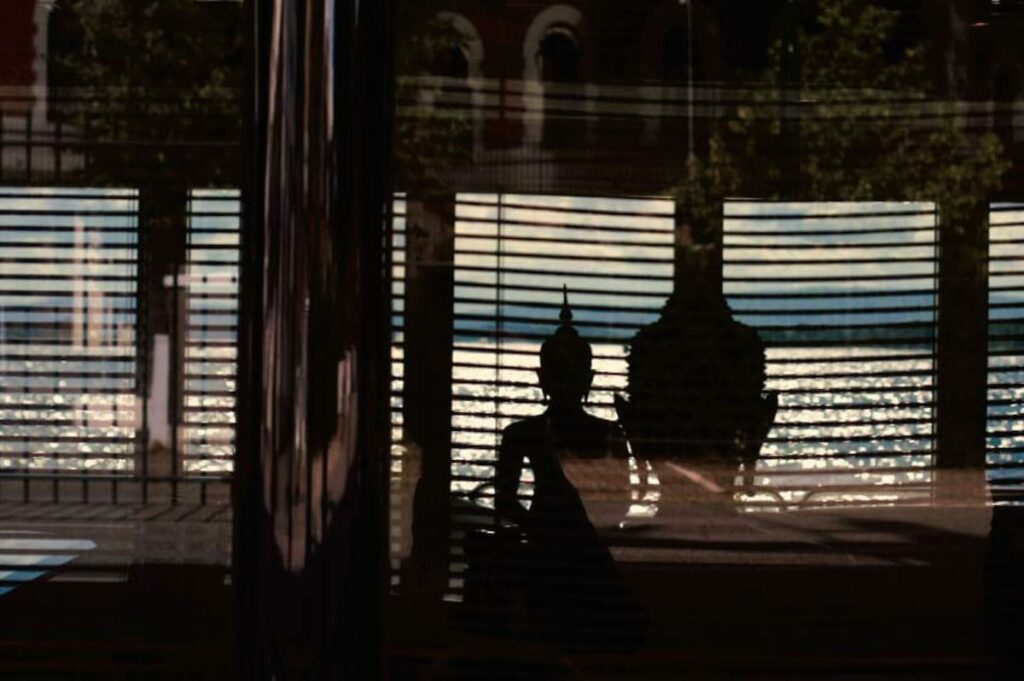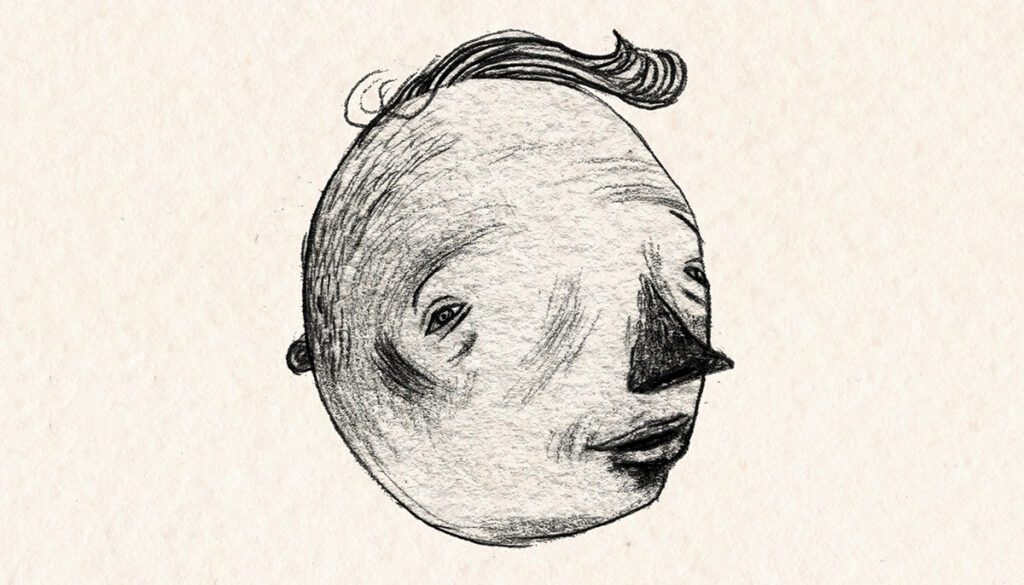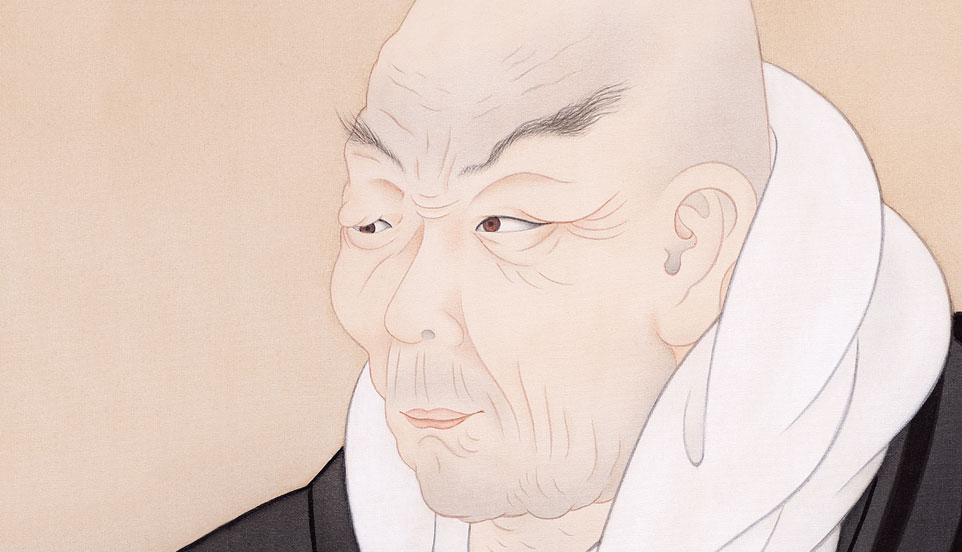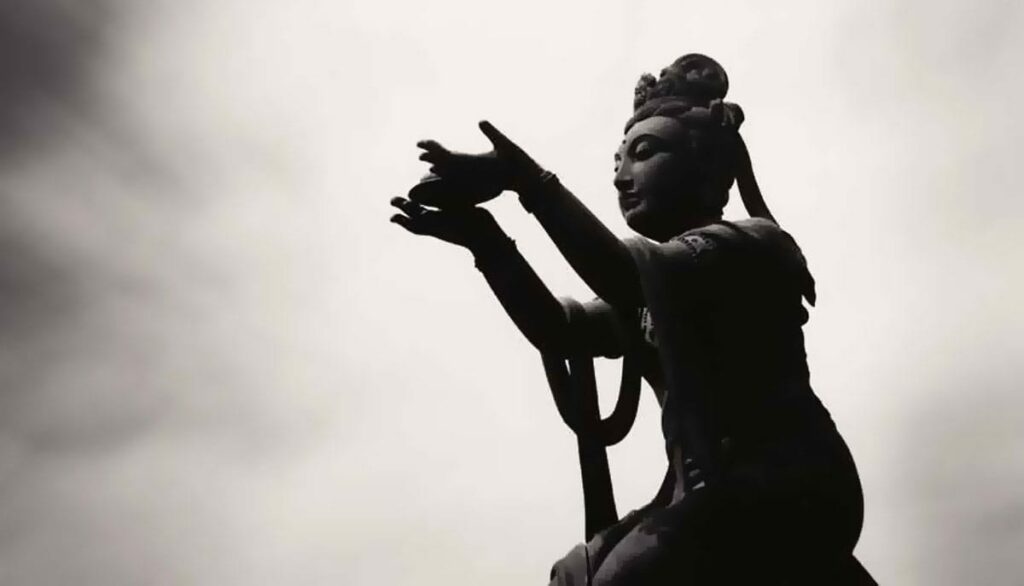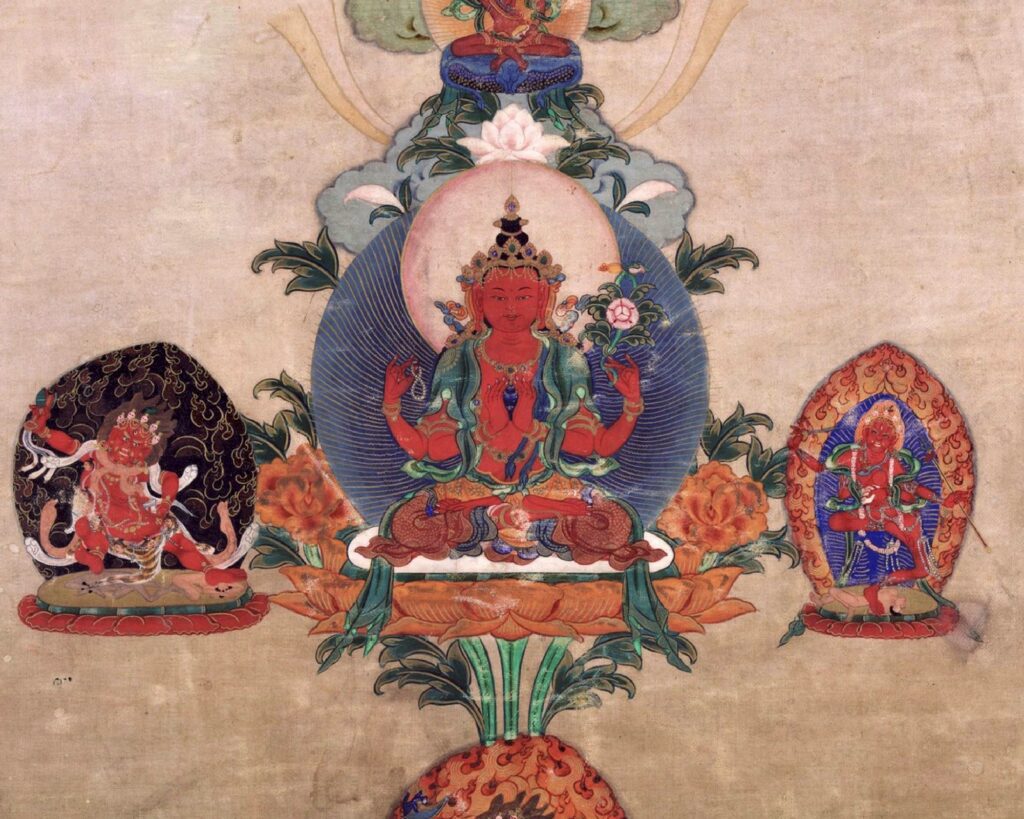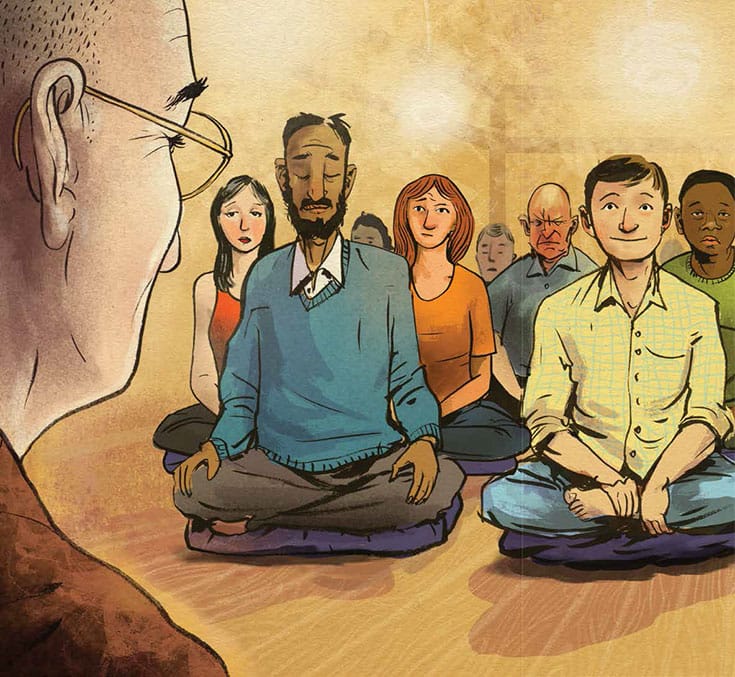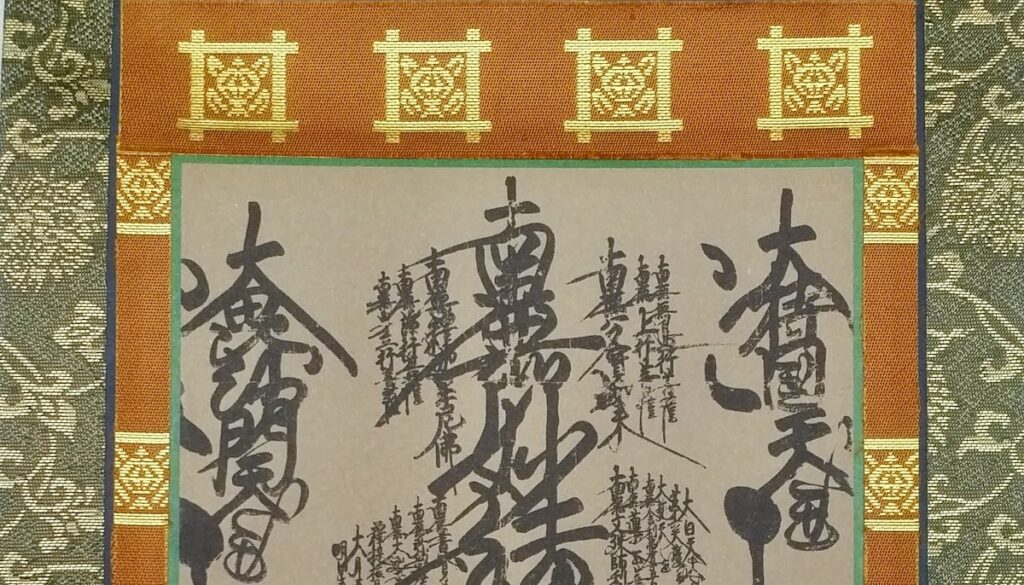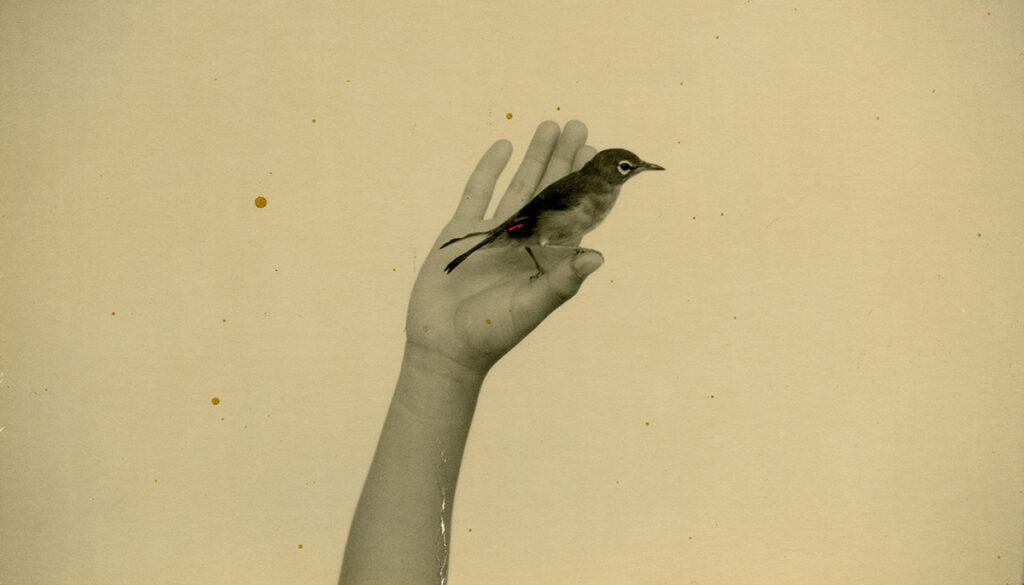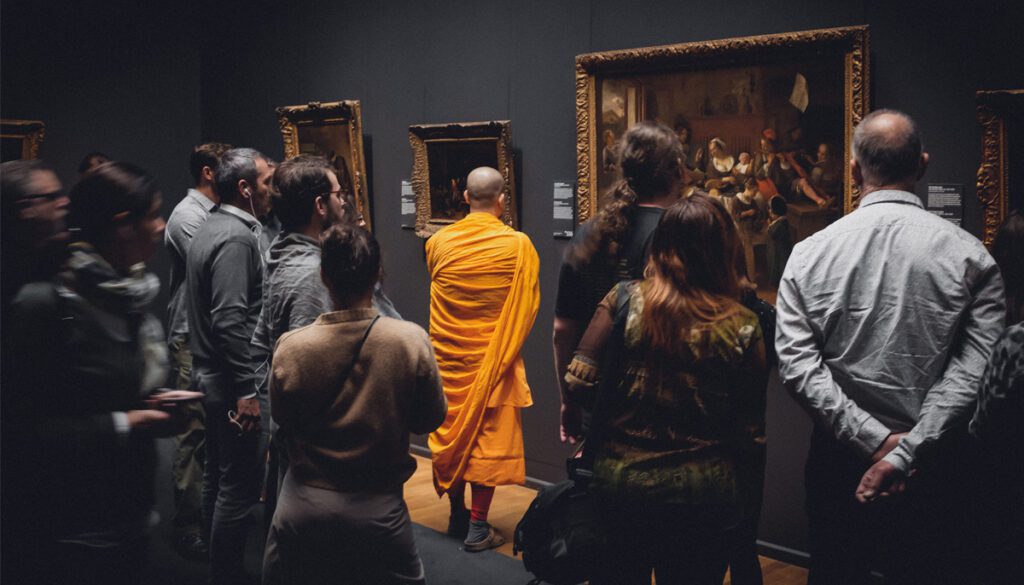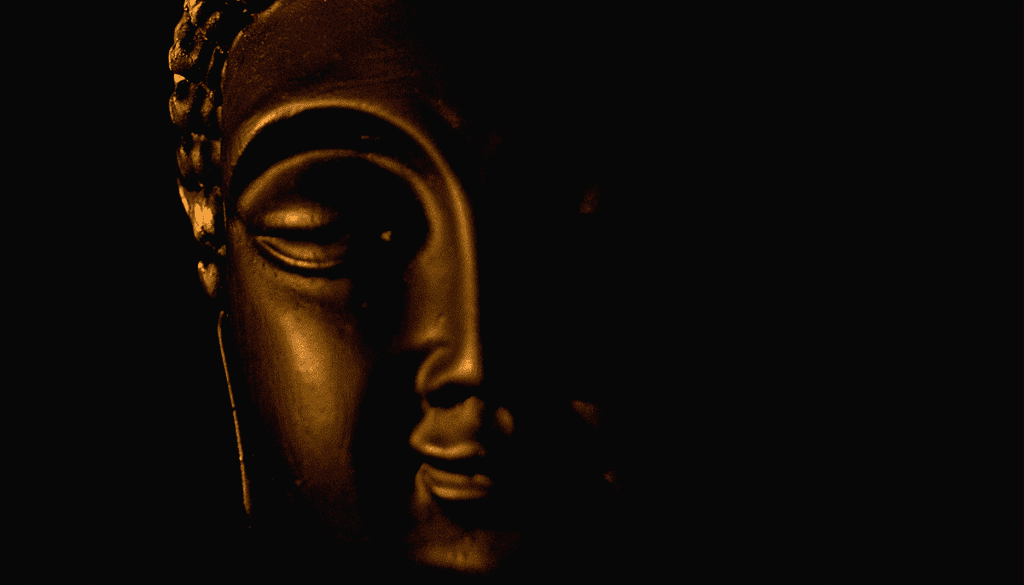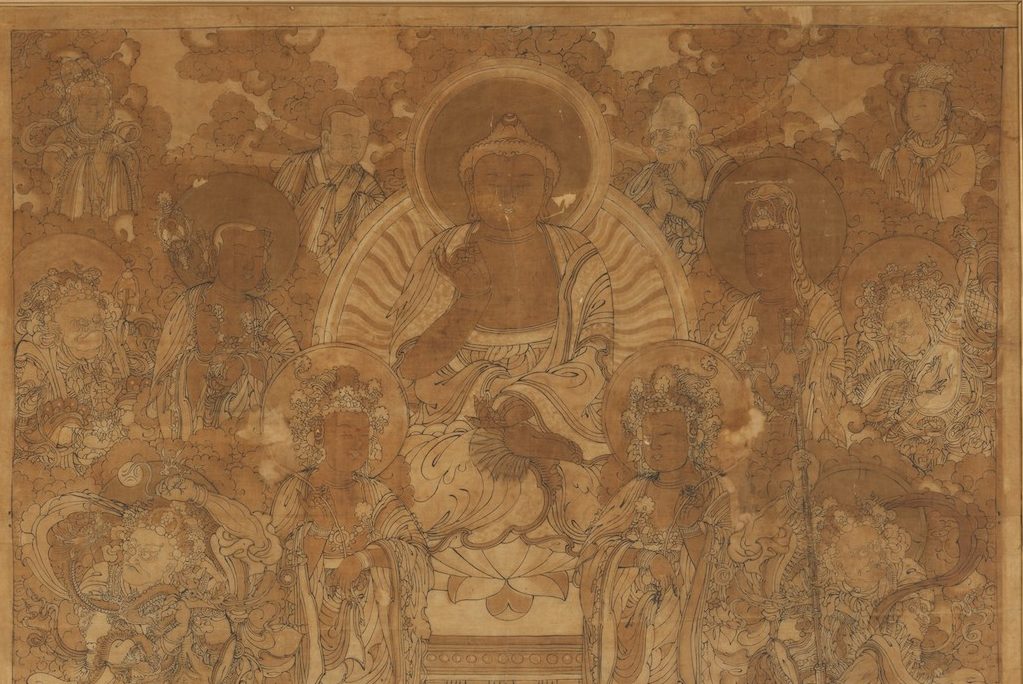Category: Buddhadharma
In Defense of Ritual
Richard Payne takes a serious look at the role of ritual in Buddhist practice and the reasons why Westerners might feel resistant to it.
Take Charge of Your Practice
Dzigar Kongtrul Rinpoche's advice for time management: organize your schedule, let go of distractions, and make a clear aspiration to practice.
Feeling Our Way to Awakening
The emotions we wish we didn’t have, that we’d like to just get over? Those feelings, say Jody Hojin Kimmel, are not obstacles on the path — they are the path.
Only Don’t Know
Whatever answers you think you have, says Judy Roitman, you don’t—and in that not knowing, we find the heart of Buddhist practice.
Here at the End of the World
Grief is how we love in the face of loss, as Joan Sutherland once wrote for Buddhadharma. Now, in an era of so much loss, her teaching on coming to terms with grief feels especially relevant.
How the Five Skandhas Build Our Sense of Self
We assemble the thing we call "self" ourselves, according to Buddhist psychology. Gaylon Ferguson breaks down the five-step process of ego development.
How the Gandharan Manuscripts Change Buddhist History
The Gandharan Buddhist manuscripts are leading scholars to rethink the origins of Mahayana Buddhism. Richard Salomon looks at what we can learn from the recently-unearthed texts.
The Real Practice of Mindfulness
As mindfulness becomes an increasingly popular concept, it is often mistaken for just “being in the moment.” Andrew Olendzki examines the Abhidharma teachings to uncover what mindfulness practice really is and how it works.
It Comes Down to Character
We often look at Buddhist practice as a way of cultivating particular qualities; Thanissaro Bhikkhu reminds us, however, that the Buddha also spoke of qualities we must have to take up the practice in the first place.
Amida Buddha Welcomes All Refugees
Jeff Wilson explains how the Jodo Shinshu school of Pure Land Buddhism emerged from the refugee experiences of its two Japanese founders.
Through the Lens of Madhyamaka
Dzogchen Ponlop Rinpoche unpacks the Madhyamaka view of the two truths.
Commentary: Let’s Envision a Buddhist Political Philosophy
Randee says it's time to define Buddhist political philosophy. He proposes four core components for a political philosophy informed by the dharma.
The Path of Gratitude
The goal of Shin Buddhism’s central practice, nembutsu, is not to attain buddhahood for ourselves, says Jeff Wilson, but to express gratitude for all we have received.
Vajrayana Explained
The late Karma Kagyu master Khenpo Karthar Rinpoche presents a clear explanation of the view of Vajrayana and its main practices of generation and completion.
No Teacher of Zen
In Zen, wisdom comes from personal experience. Everyone is a student – even the teachers.
What is the Gohonzon?
In Nichiren Shu Buddhism, the gohonzon is a calligraphic scroll that can guide Buddhist practitioners toward enlightenment.
Free from the Burden of Holding On
What do you cling to? Let it go, says Ajahn Jayasaro, and you’ll discover something profound.
How Buddhists Can Benefit from Western Philosophy
Take a second look at Western philosophy, advises William Edelglass — it might be more compatible with Buddhism than you think.
Everything’s Made of Mind
All that we are and experience is mind, explains Zen teacher Norman Fischer. That mind is original enlightenment itself.
Key Terms of Shin Buddhism
From the archives of Buddhadharma, the late scholar and translator Taitetsu Unno defines several key terms of Shin Buddhism.
